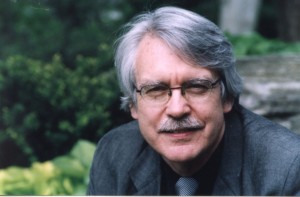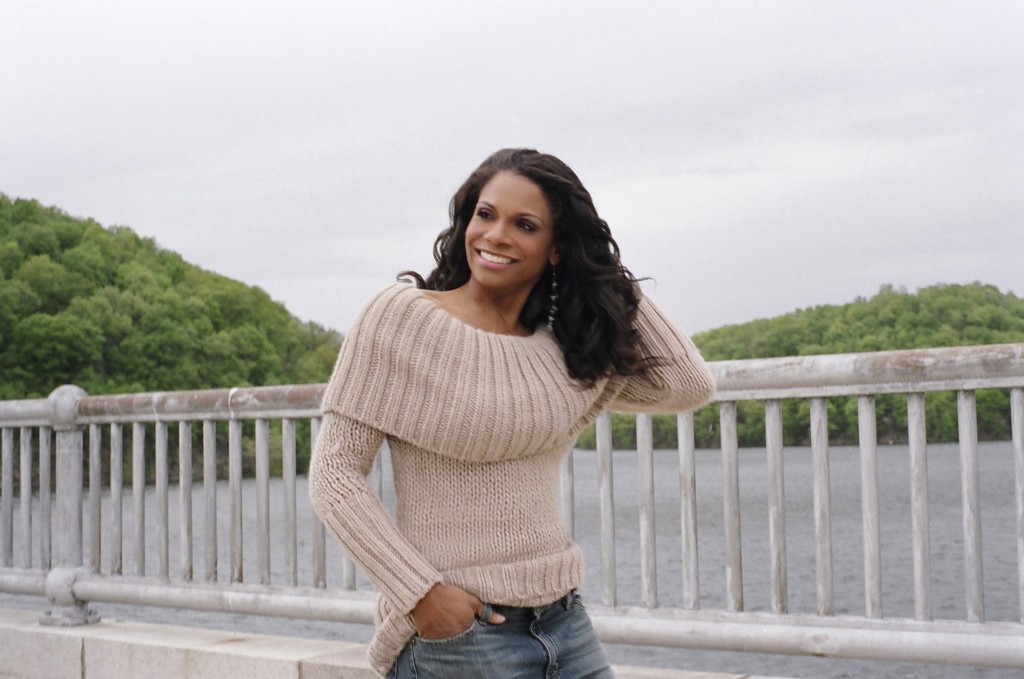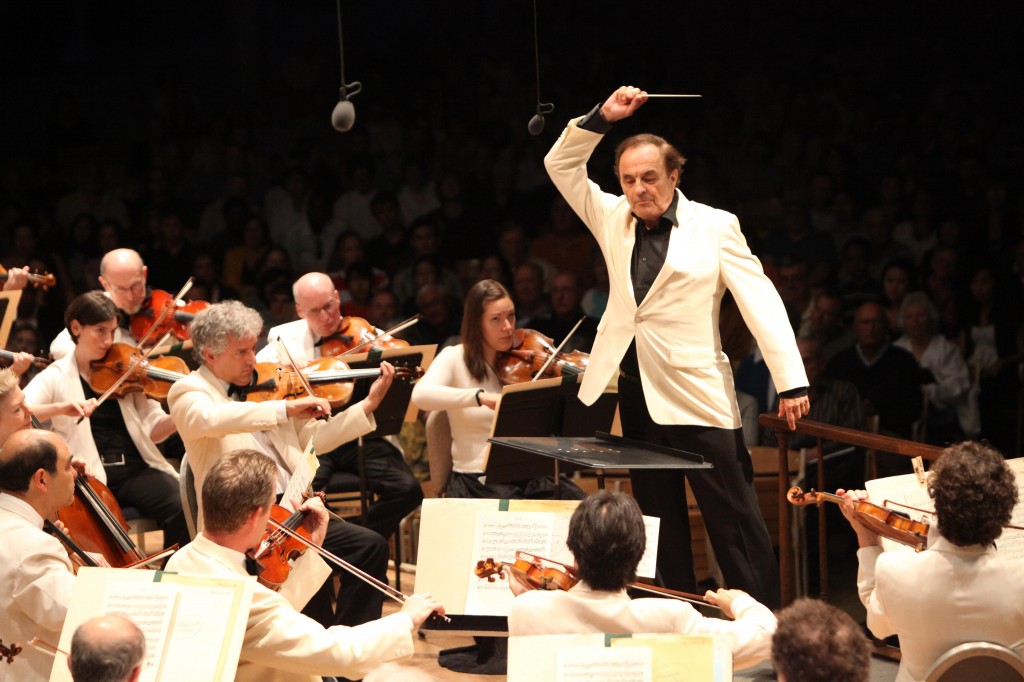Arts Fuse Commentary: Tanglewood 2013 — Less Than What Should Have Been
If the BSO wanted to make a statement about where it might be headed based on the strong artistic results of the current season, it certainly could have. That it didn’t is a missed opportunity and hopefully not a sign of things to come.
By Jonathan Blumhofer.

Tanglewood celebrates John Harbison’s 75th birthday with a performance of music from his opera THE GREAT GATSBY.
Perhaps it was inevitable, after an invigorating 75th anniversary season at Tanglewood and some excellent programming to start the 2012–13 Symphony Hall season, but the Boston Symphony Orchestra’s (BSO’s) 2013 Tanglewood lineup, announced on November 27th, is distinctly underwhelming. Gone are the inventive programs that have opened the current season, premieres of any kind (at least by the BSO), or (with a handful of exceptions) repertoire that is really exciting. In its place are tried-and-true formulas that continue to recycle a handful of “classic” pieces instead of allowing for programming choices that smack of creativity or might foment a really thought-provoking musical experience. It’s an opportunity wasted and a relapse into the kind of tired planning that mars too many an orchestra’s season.
To be fair, following up a celebratory season like last year’s is tough (as BSO general manager Mark Volpe made clear in a press conference on Tuesday). And it’s true that orchestras like to program repertoire that will pay dividends at the box office, even if that means returning again and again to old, familiar chestnuts (among them in just under two months this summer: six of the nine Beethoven symphonies and four of the five piano concertos, the Dvorak Cello Concerto, Tchaikovsky’s Fifth, and another Pinchas Zuckerman-led survey of neglected—or not—repertoire from the Baroque era). And, yes, perhaps summer is a time for musical relaxation rather than one in which casual listeners (and maybe orchestra players, too) want to face the challenges of unfamiliar music.
But if the last couple of months at Symphony Hall have demonstrated anything (and I think there are many positive lessons to be drawn from them), it’s that there is an enormous amount of relatively unknown music by major composers waiting to be heard. It would be nice to see more of it showing up at Tanglewood: if the BSO wanted to make a statement about where it might be headed based on the strong artistic results of the current season, it certainly could have. That it didn’t is a missed opportunity and hopefully not a sign of things to come.
That’s not to say there isn’t anything worthwhile going on. Among the handful of eye-catching events are a screening of West Side Story with live orchestral accompaniment (July 13), a complete performance of Act 3 of Wagner’s Die Walküre (July 20), an all-Debussy program with the Tanglewood Music Center Orchestra (July 22), a concert featuring Verdi’s Requiem (July 27), a complete performance of Daphnis et Chloè conducted by Charles Dutoit (August 3), Stravinsky’s Rite of Spring (August 4), and a Poulenc/Stravinsky/Beethoven triple bill (August 23). The Boston Pops are presenting five programs (up from three last year), including the annual John Williams Film Night (August 24), which this year features the luminous Audra McDonald.

The celebrated Audra McDonald will be one of the singers in the John Williams Film Night. Photo: Michael Wilson.
Happily, one of next year’s composer centenaries gets some due on the schedule: Benjamin Britten’s Curlew River is paired with Henry Purcell’s Dido and Aeneas for two nights in Ozawa Hall (July 31 and August 1. Britten’s String Quartet no. 3 also comes to Lenox, courtesy of the Emerson Quartet, on August 14). Unfortunately, there’s no sign of anything by Witold Lutoslawski (the year’s other 100th birthday boy), though John Harbison (celebrating his 75th birthday in 2013) gets an airing of his 1999 opera The Great Gatsby (July 11).
Thank goodness, too, for the annual Festival of Contemporary Music, curated this year by the brilliant Pierre-Laurent Aimard. George Benjamin conducts the U.S. premiere of his opera Written on Skin (August 12) and the late Elliott Carter’s last orchestral piece, Instances, gets its East Coast premiere (August 8). Additionally, music by Steve Reich, György Ligeti, and Conlon Nancarrow shares billing with pieces by Helmut Lachenmann, Marco Stroppa, and others.
Overall, though, there’s an alarming repetition of repertoire (and not just from the previous Symphony Hall season, which often happens). Tchaikovsky’s Fifth, Brahms’s Second, Beethoven’s Seventh, and Sibelius’s Violin Concerto have all appeared on Tanglewood programs in the last two seasons. Is there really nothing else for the BSO to program? How about Dvorak’s Fifth (or Sixth, for that matter) in place of Tchaikovsky’s or Beethoven’s (or Dvorak’s own overplayed Ninth)? Or perhaps a survey of six of Vaughn Williams’s symphonies instead of another one of Beethoven’s? Why not have Gil Shaham reprise his recent performance of Britten’s Violin Concerto in place of the Sibelius? There’s plenty of non-threatening, crowd-pleasing Lutoslawski (the Concerto for Orchestra, Little Suite, Dance Preludes) if the BSO doesn’t want to go the time-consuming (and maybe audience-threatening) route of the Cello Concerto or one of the symphonies. But none of that is on the docket for Tanglewood 2013, and it’s a lesser schedule as a result.
Next year in London, Vladimir Jurowski’s London Philharmonic is devoting its entire season to twentieth-century music, apparently a first for a major orchestra. Jurowski, of course, recently appeared at Symphony Hall, where he led a scorching performance of Shostakovich’s Symphony no. 4. He’ll be at Tanglewood on July 19th with another of the more engaging programs of the summer (Wagner, Liszt, and Mahler’s orchestration of Beethoven’s Eroica symphony). Of his London band’s upcoming project, the New York Times quotes Mr. Jurowski as saying, “If I had my way, we would be the first in the world to devote a year to playing just twenty-first-century music. Perhaps that’s the next project.”
While I’m not advocating a complete rejection of the standard canon (though I’d embrace an all-twentieth-century music season at Symphony Hall in an instant), the Tanglewood 2013 schedule suggests that it might be profitable artistically and musically for the BSO to judiciously reconsider what it plays and why. When it does—who knows?—it might mean that Jurowski will get to realize his next project locally in a couple years’ time. Until then—at least for next summer—we have to settle for less than what should have been.

